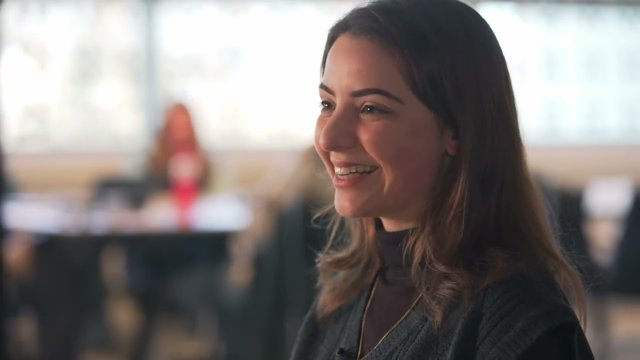During your Master’s in Geo-Information Science and Earth Observation (GEO), you will collect a total of 120 EC within two years. In addition to the three mandatory courses of the Master’s, you will take four specialisation courses and elective courses. You can also do an optional internship and complete your studies by writing your master’s thesis.
Structure
YEAR 1 | NUMBER OF EC |
|
Compulsory courses Mandatory courses for all students of the Master’s. | 25 EC | |
Specialisation courses Mandatory courses for all students of the specialisation in Natural Resources Management. | 28 EC | |
Elective course You can choose a course that matches your interests and career ambitions. | 7 EC | Some examples of elective courses you can take are: |
YEAR 2 |
|
|
Individual study programme | 15 EC | In the second year, you can personalise your individual study programme by doing an internship or taking elective courses. |
MSc research proposal and MSc research | 45 EC | You will complete your Master’s in GEO by writing a master’s thesis. Your research theme is defined by the research group that is part of the respective specialisation. In Natural Resources Management, you will conduct your research within the research group Forest Agriculture and Environment in the Spatial Sciences (FORAGES). |
Total EC | 120 EC |
|
Internship
In the second year of your Master’s in Geo-Information Science and Earth Observation, you can apply the knowledge and skills you have acquired during your studies by doing an internship at an agribusiness research and development institute, aerospace centre, social enterprise that uses remote sensing to monitor social and environmental impact, government, non-governmental organisation, or environmental consultancy agency in the Netherlands or abroad. ITC has a broad network of organisations where you can do your internship project.
Examples of internships that students have done are:
- "Mapping the heat/water stress in maize and grass fields using UAV and satellite images" at AgriWatch BV, the Netherlands.
- "Mapping a crop area in Ghana using high-spatial resolution imagery” at Clark Lab, Clark University, the USA
- "Establishing a monitoring system and analysis protocol to estimate the population of wild boars in Overijssel” municipality Overijssel, the Netherlands.
master's thesis
You will complete your Master’s by writing your Master’s thesis. Your research will be part of the research group Forest Agriculture and Environment in the Spatial Sciences (FORAGES) and you will write your thesis under the supervision of one of the professors in that research group. You can, for example, focus on offsetting carbon dioxide (CO2) emissions in a forest by spatially predicting and mapping CO2. Or you can address local food security by, for example, mapping and monitoring soybean expansion in the Southern region of Africa.


